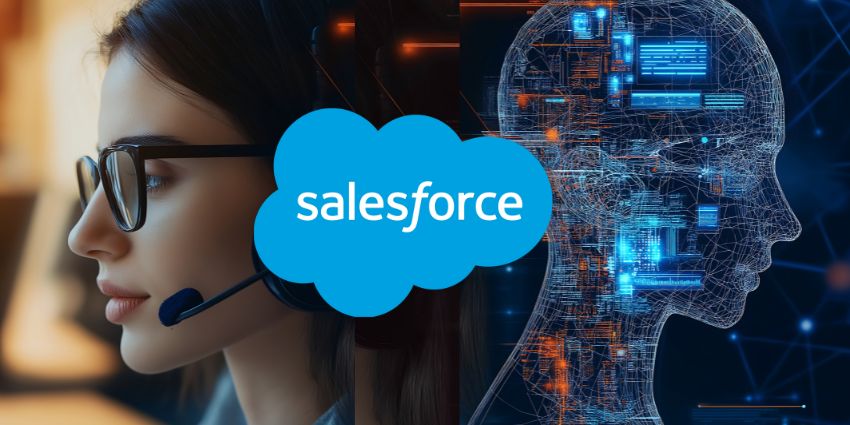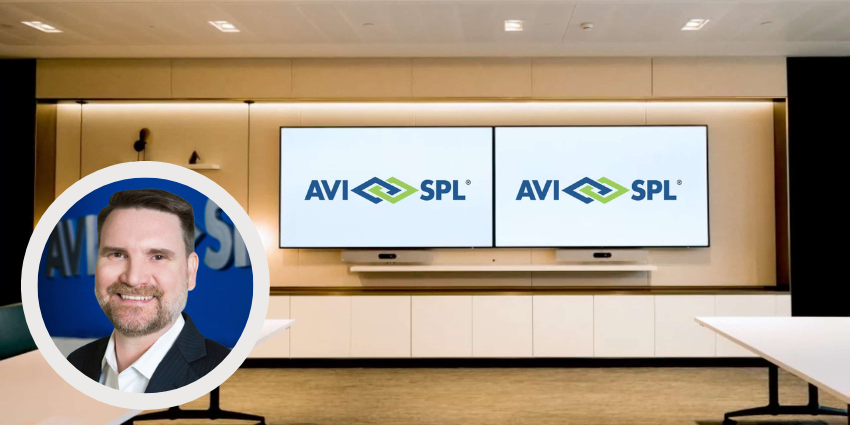Earlier this week, UC Today reported that Salesforce CEO Marc Benioff seemingly contradicted himself regarding AI’s impact on the job market.
Speaking on The Logan Bartlett Show late last month, Benioff said that the company had reduced support staff headcount from 9,000 to 5,000 by deploying AI agents.
We commented on this story as we found the statement at odds with what the CEO had said just months earlier at the AI for Good Global Summit 2025.
Yet when examining why this contradiction might have surfaced when it did, it is important to consider the context. The statement, which began to be widely picked up by major news outlets this week, came just ahead of the company issuing guidance.
The guidance issued was described by some analysts as disappointing, despite earnings and revenue topping estimates. Salesforce stock dropped 4% in extended trading following the news.
Benioff had declared 2025 as the “absolute year of Agentforce,” yet reports of lagging monetization for its AI agent platform have seemingly left investors cautious.
From Job Security Promises to Mass Automation
The reduction announced runs counter to Benioff’s public statements at the AI for Good Summit, where he said the technology would not cause a “huge mass layoff of white-collar workers.”
These comments had even positioned Salesforce as evidence that AI fears were overblown.
But by any measure, a reduction of 4,000 workers—just under 50% of headcount—qualifies as a mass layoff.
However, this reduction was described in the same breath as how AI agents are now handling much of Salesforce’s support work.
Benioff also revealed that “Agentic AI” now manages 50% of the company’s customer conversations, compared to zero involvement a year earlier.
He further noted that AI had unlocked “more than 100 million leads that we have not called back at Salesforce in the last 26 years.”
The news comes under a little scrutiny, however, when seeing how Salesforce was due to deliver disappointing financial guidance to investors just weeks later. The move can be seen as an attempt to send out a positive story about not only Salesforce’s strength as a company but also as proof of its AI’s capabilities.
AI Success Stories Ahead of Financial Disappointment
Salesforce’s third-quarter revenue forecast was between $10.24 billion and $10.29 billion, with the midpoint coming below analysts’ average estimate, according to data compiled by LSEG.
This revenue misalignment comes as the company regularly lauds its AI investments, yet despite this, it has not enjoyed the same stock market boom as many of its tech peers.
The market reaction suggests investors remain skeptical about Salesforce’s ability to monetize AI investments.
Tim Banting, Head of Research & Business Intelligence at Techtelligence, captured this sentiment: “Salesforce’s ‘4,000 jobs replaced by AI’ makes a headline-grabbing stat, but investors are still looking for proof that Agentforce is winning out there in the broader market.”
Equally, although Benioff’s numbers and percentages look impressive, this still remains a Salesforce-driven story, which did little to convince investors.
“Until we see external customer outcomes at scale, Wall Street and prospective customers are likely to continue to discount the narrative,”
Banting explained.
The Agentforce Gamble
Salesforce’s positioning of 2025 as the “absolute year of Agentforce” represents a massive corporate bet on AI-driven growth.
The company has overhauled its marketing approach, rebranding the World Tour as the “Agentforce World Tour” and repositioning TrailblazerDX as the “developer conference for the AI agent era.”
Despite contradicting previous statements on AI, the CEO’s messaging looked set to highlight Agentforce’s internal efficiencies and soften the blow of weak financial guidance so investors don’t loose faith.
Yet, to see investors unconvinced is a concern for Salesforce. Despite generating over $100 million in Agentforce revenue, this accounts for only a small fraction of the company’s $34+ billion in annual revenue.
Until the company demonstrates that its AI bet pays off in the broader market—not just through cost-cutting—its “year of Agentforce” risks being remembered as one in which confidence in Salesforce waned.







